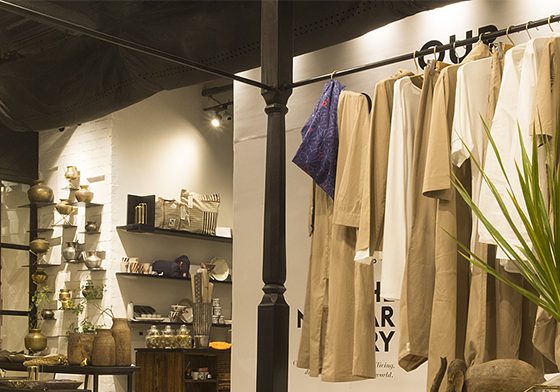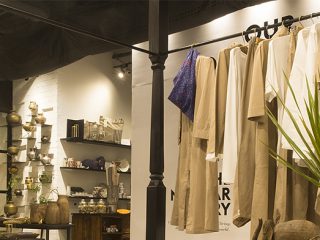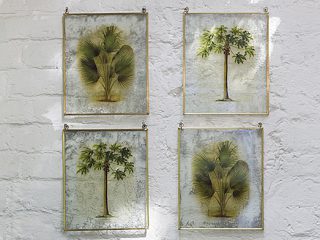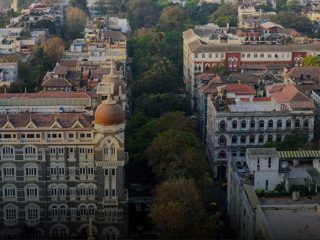Simran Lal believes a company can embrace conscious living by starting with its packaging. India generates 9.46 million tonnes of plastic waste annually, of which 43 per cent is produced by single-use packaging. UPS estimates that if you wound the length of bubble wrap sheets produced each year, you could wound the equator 10 times. Lal and Raul Rai are the co-founders of Nicobar, a brand of contemporary décor, fashion and travel accessories. “We have traded physical receipts for electronic ones, use seed and elephant poo paper for product tags, and the jewellery pouches are designed from biodegradable raw fabrics.” informs Rai.
The brand celebrated its third birthday by making a meaningful change—an 85 our cent reduction in plastic packaging. Air and foam pushes and bubble wrap have been replaced with recycled crumpled brown paper, egg trays and corrugated sheets. “Crumpling paper created insulation, offering a cushioning similar to bubble wrap. We rent a German machine at our unit to fo this. It’s not cheap, but its our way to ease the burden on a stressed planet.”
Lal is closely tracking mushroom-based packaging, a new biodegradable alternative for paper and plastic. “Paper does cut trees at the end of the day, so we have to constantly keep looking for eco-friendlier substitutes.” The mushroom-based packaging has already taken off in Europe, and uses agricultural byproducts like hemp, which are pressed into desirable packaging shapes, then seeded with mushroom spores that sprout mycelium (roots). As it spreads around the structure, it also binds together to form a durable packaging material, which is treated with heat to kill spores to arrest further fungus growth.








